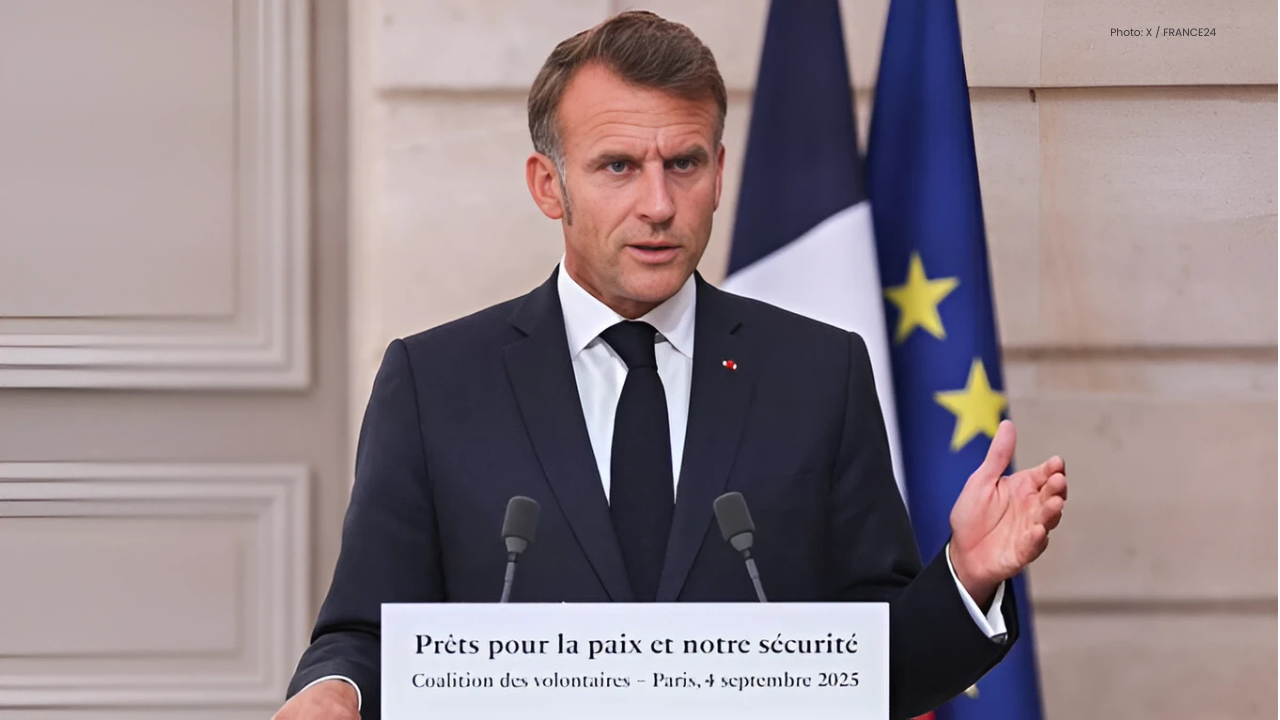
Post by : Naveen Mittal
The future of Iran’s nuclear program faces new uncertainty as world powers prepare to bring back United Nations sanctions. French President Emmanuel Macron said he believes the sanctions will return, after Iran failed to meet conditions set by Britain, France, and Germany, also known as the E3.
In late August, the E3 triggered a 30-day process to reimpose sanctions, often referred to as the “snapback mechanism.” The plan gave Iran one last chance to avoid penalties by meeting strict requirements during September.
The European countries had offered to delay the sanctions for up to six months if Iran agreed to:
Restore full access for UN nuclear inspectors.
Explain its large stockpile of enriched uranium.
Begin serious talks with the United States about its nuclear activities.
So far, diplomats say Iran has not shown real progress.
When asked on Israeli television if sanctions were now certain, Macron replied: “Yes. I think so because the latest news from the Iranians is not serious.”
His comments reflect growing frustration in Europe over Iran’s unwillingness to cooperate.
Iran’s Foreign Minister Abbas Araqchi defended his government’s position. He said he had presented a “reasonable and actionable plan” to his European counterparts to avoid what he called an unnecessary crisis.
On social media, Araqchi claimed that Iran’s proposal addresses real concerns and would benefit both sides. But he gave no clear details of what Iran is willing to do.
Despite the hard statements, negotiations are not completely over. European and Iranian ministers held a phone call this week with the EU foreign policy chief. Diplomats admitted that little progress was made, but they also said the door remains open until the deadline expires.
The UN Security Council is scheduled to vote on Friday on a resolution that would permanently lift sanctions on Iran. But diplomats say the resolution is unlikely to pass because it needs at least nine votes. Even if it did, the United States, Britain, or France could veto it.
This means sanctions are almost certain to return, marking another setback for Iran as it struggles with economic pressure and international isolation.
Iran’s nuclear program has long been a source of global tension. Western nations accuse Tehran of enriching uranium beyond civilian needs, raising fears it could build nuclear weapons. Iran insists its program is peaceful and for energy purposes only.
The current crisis follows years of broken agreements and mistrust. The 2015 nuclear deal, which once eased sanctions in exchange for restrictions on Iran’s nuclear activities, collapsed after the US withdrew in 2018. Since then, efforts to revive the deal have repeatedly failed.
If sanctions return, Iran will face tougher restrictions on trade, finance, and its oil exports. For the Iranian people, this could mean higher prices, shortages of goods, and more economic hardship.
For the world, the decision will increase tensions in the Middle East. Countries like Israel and Saudi Arabia see Iran as a major threat, while Russia and China have closer ties with Tehran. The UN decision may deepen these divisions further.
#iran #unsanctions #nuclear #worldnews #macron #middleeast #diplomacy #europe #unitednations #globalpolitics
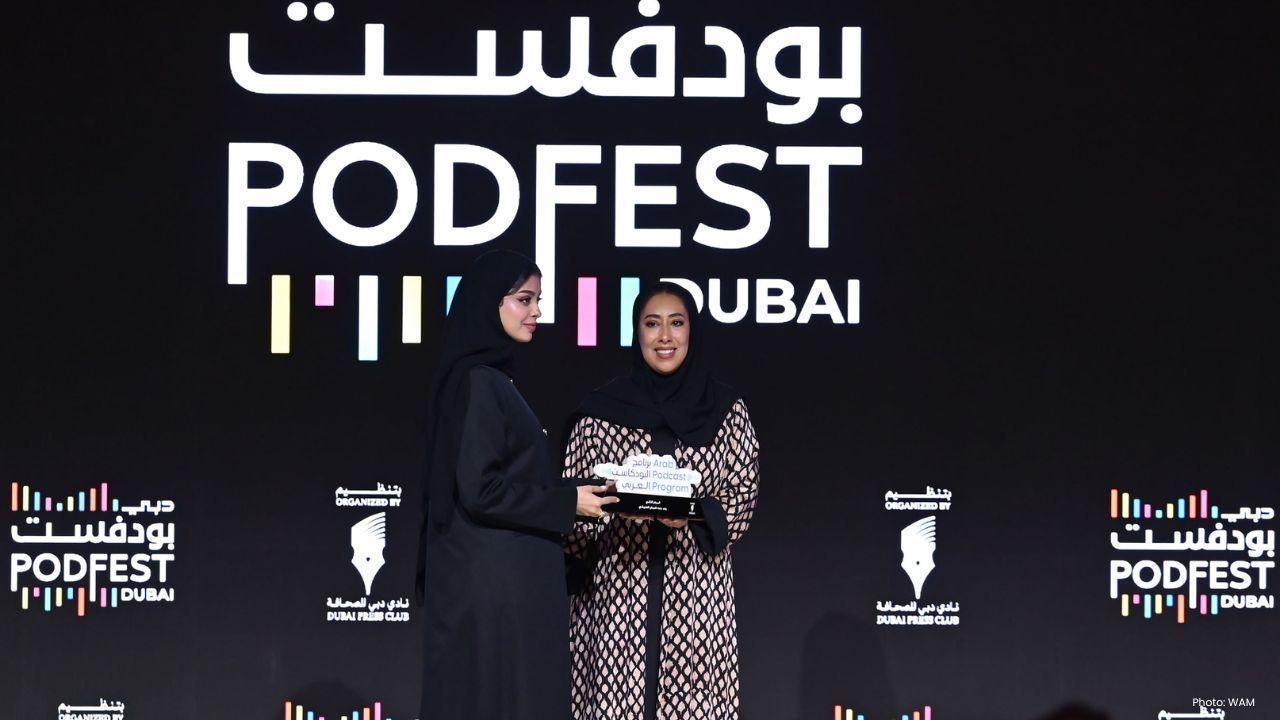

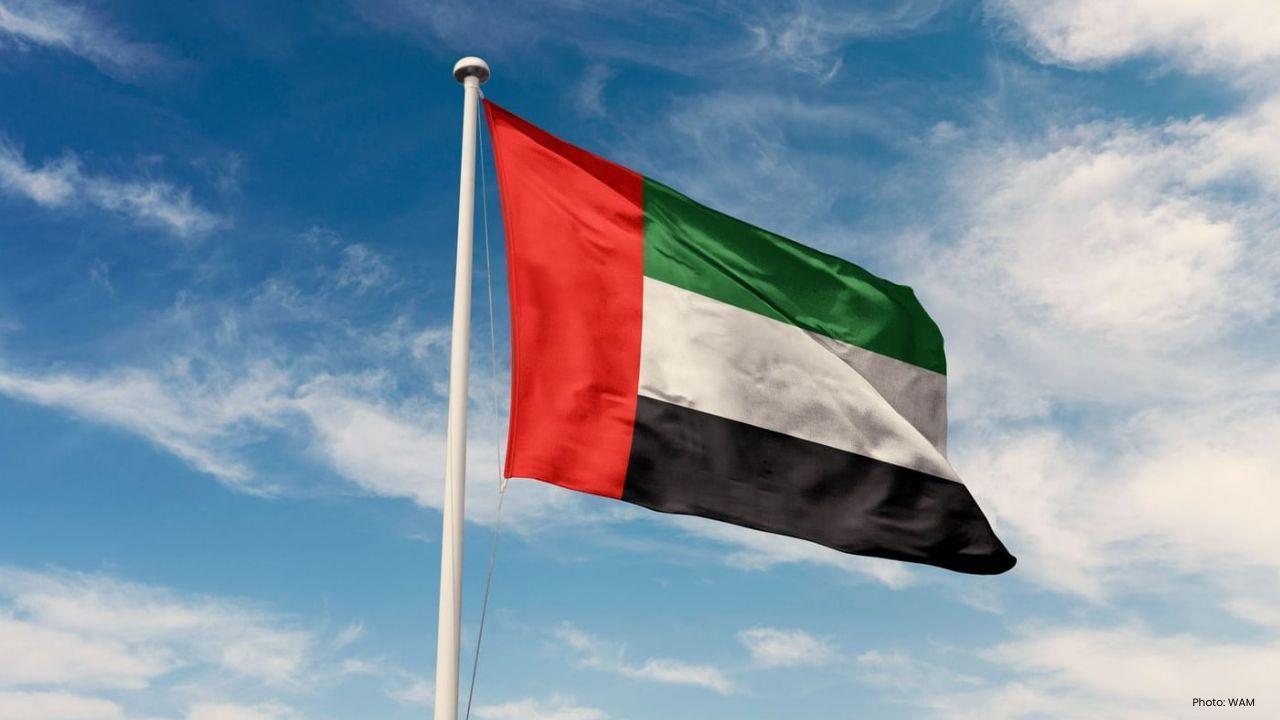
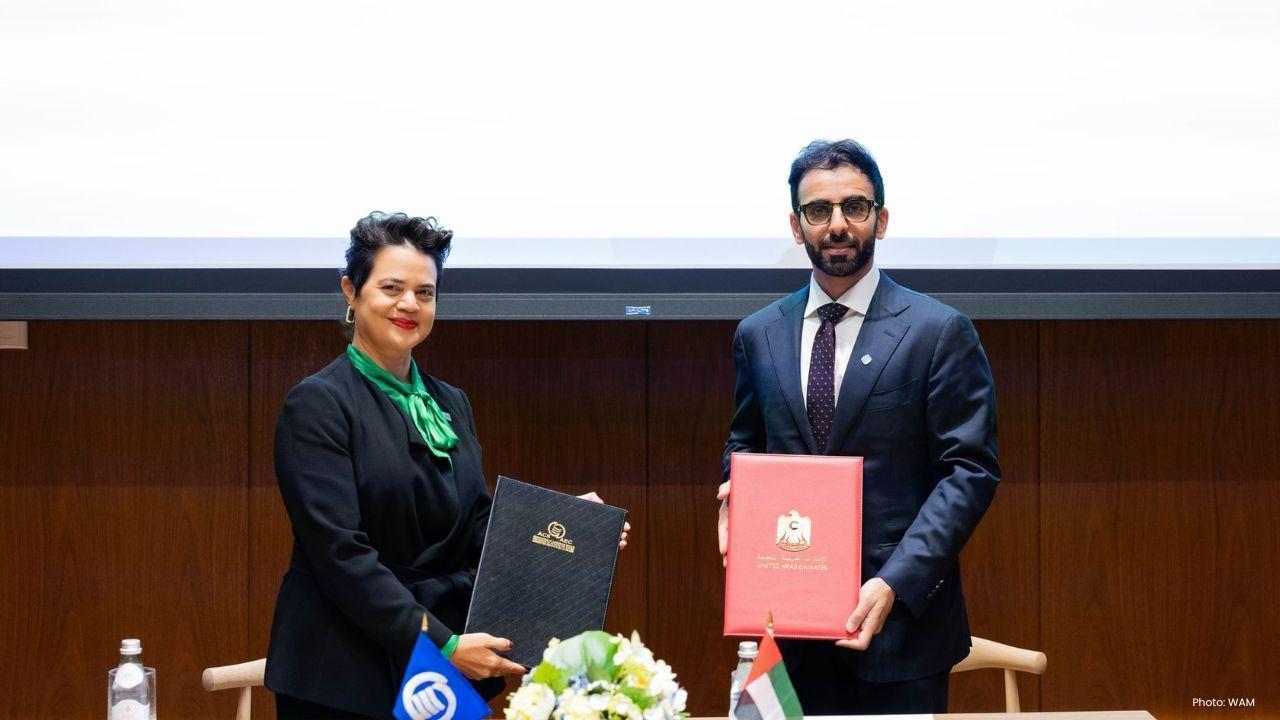
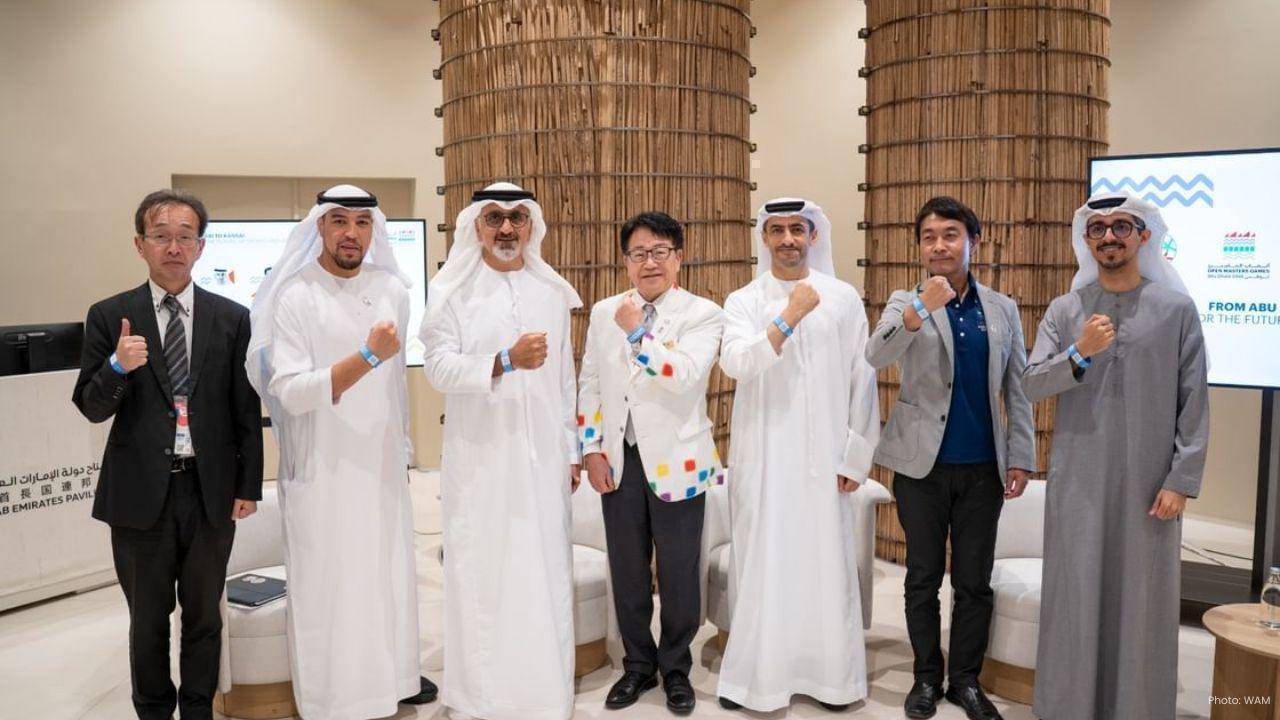

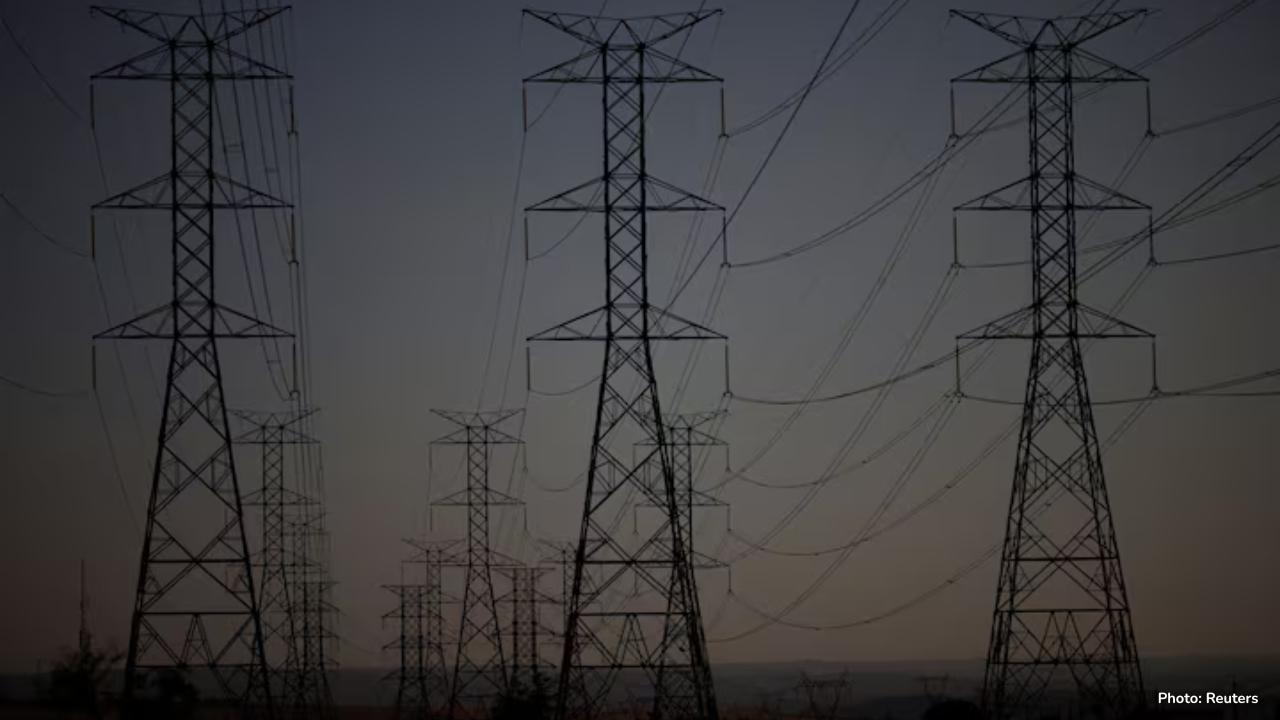
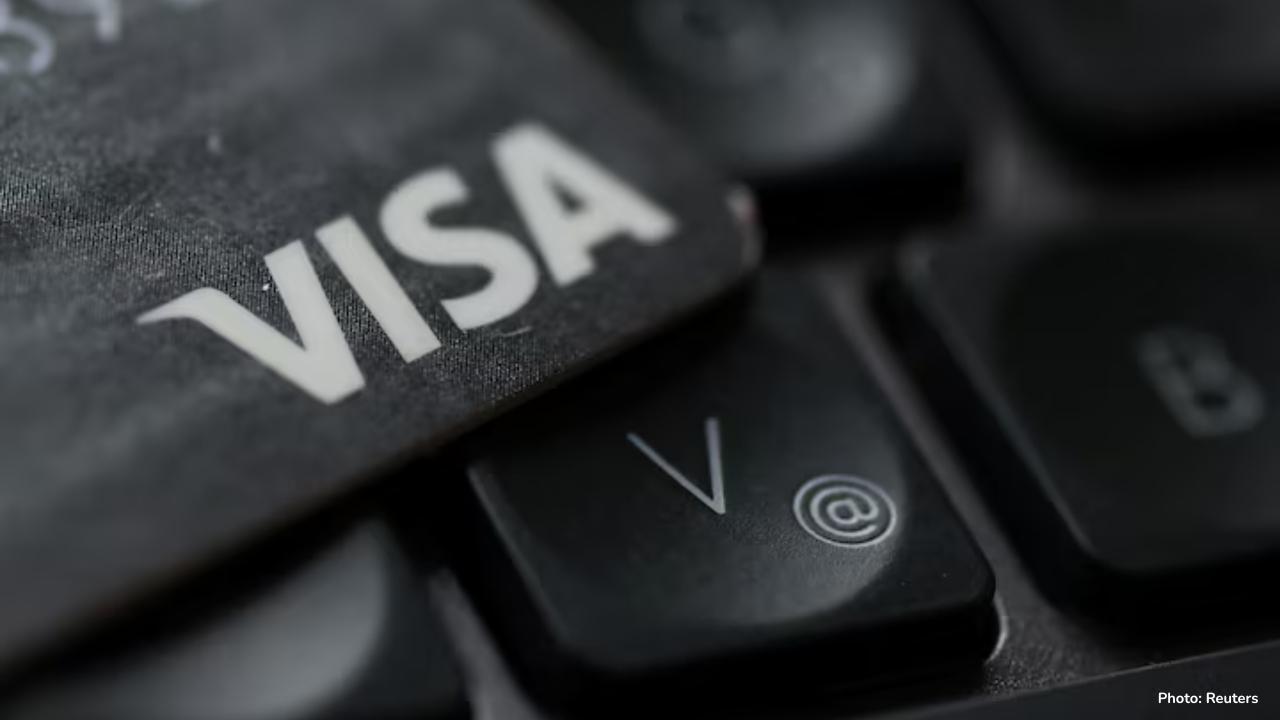
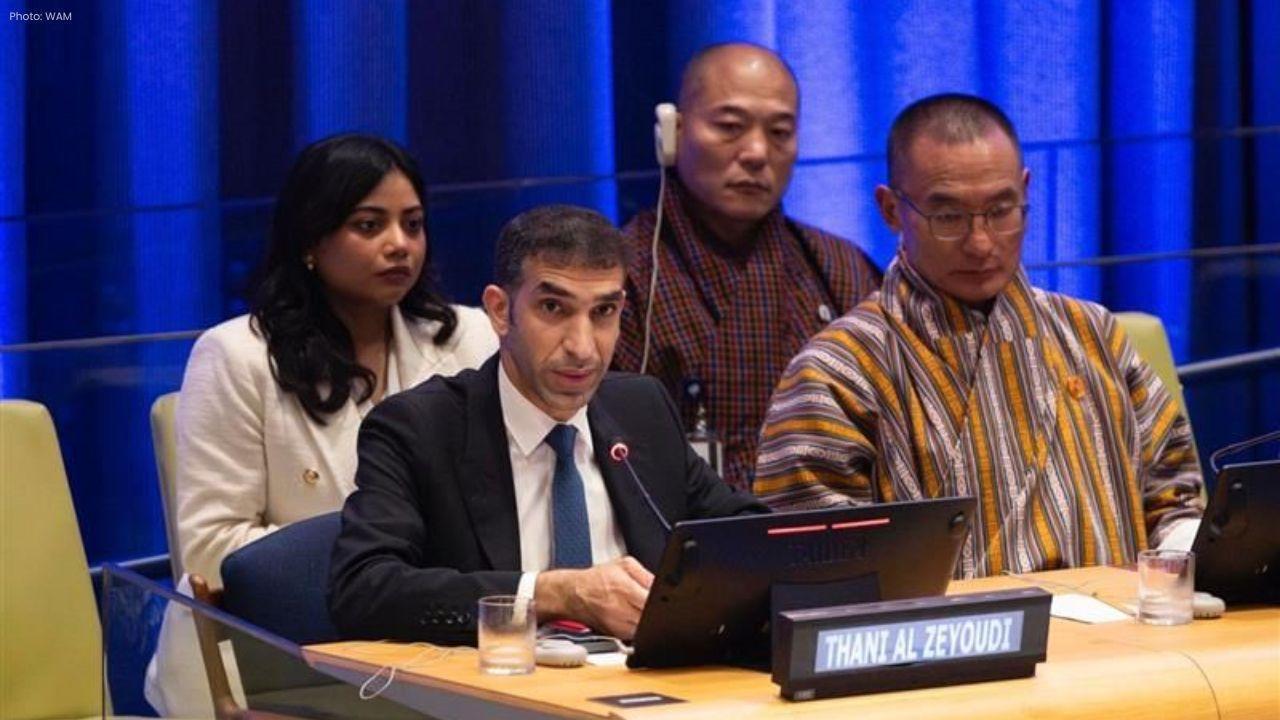

OpenAI's Revenue Soars to $4.3 Billion in First Half of 2025
OpenAI's revenue reaches $4.3 billion in the first half of 2025, marking a 16% increase from the pre

UAE Leaders Send Condolences to Saudi King Over Princess Abta's Death
UAE rulers and crown princes sent heartfelt messages to King Salman, mourning the passing of Princes

Brazil's Surplus Clean Energy Attracts Crypto Miners
Brazil's excess renewable energy is luring cryptocurrency miners. Companies like Tether and Renova E

Visa Tests Stablecoins to Make Global Payments Faster
Visa is testing stablecoins for international payments, aiming to speed up transactions and reduce t

Opera Unveils Neon AI Browser for Smarter Web Browsing
Opera introduces Neon, an AI-powered browser that automates tasks and enhances privacy, aiming to re

Albanese Visits Sheikh Zayed Grand Mosque in Abu Dhabi
Australian PM Albanese tours Sheikh Zayed Grand Mosque, highlighting peace, tolerance, and cultural